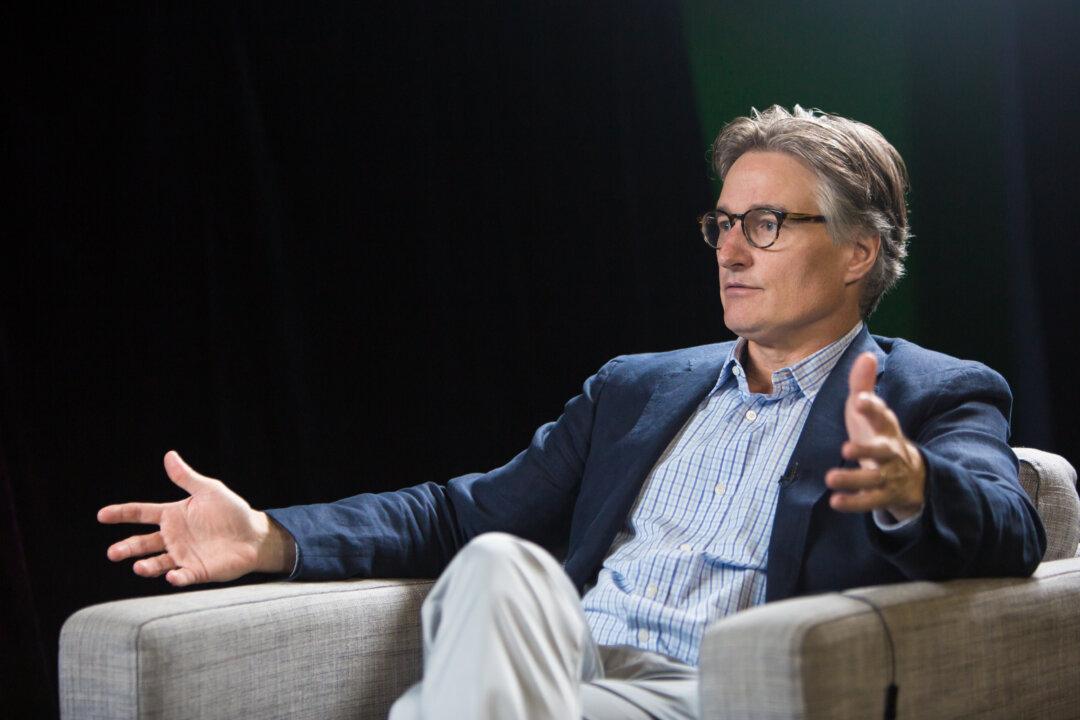NEW YORK—Halsey Minor has seen it all. He made millions founding CNET and funding tech legends like Salesforce.com. Then he had a very bad experience with banks, declared bankruptcy, and decided to change the consumer experience of money for good.
“Our mission is not to make the banking system free. Our mission is to create a better monetary system,” he said about his new venture Uphold (formerly Bitreserve), where he is currently chairman and chief visionary.
In his system, consumers will be able to transfer money instantly, for free, and to any of the 24 supported currencies.
If you don’t like paper money, you can also park your cash in four precious metals—physically stored in Switzerland—and bitcoin, and transfer that around instantly and for free as well.
Minor promises to take away all the billions in fees banks charge their consumers. “Even when they tell you that you have free checking it’s not free,” he said. In 2012, banks charged consumers $32 billion in bounced check fees. Not so with Uphold because transfers are always instant and come from fully funded accounts.





